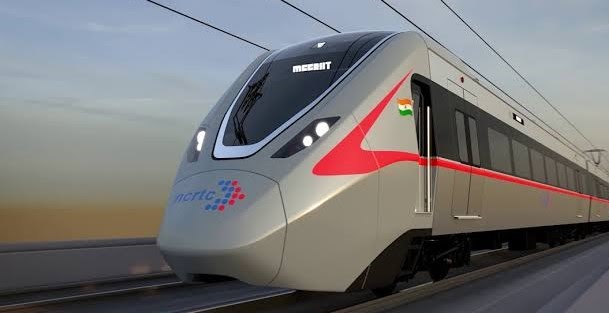
SC panel permits construction of Delhi-Alwar RRTS project

BLR Airport crosses 41 million passengers, 500,000 MT cargo
Kempegowda International Airport, Bengaluru (BLR Airport), has recorded key operational milestones in FY 2024-25, crossing 41.88 million passengers and handling 502,480 metric tonnes of cargo. This marks a year-on-year passenger growth of 11.6 per cent and a 14 per cent rise in cargo volumes.Domestic footfall reached 36.05 million, up 10 per cent, while international traffic saw a robust 25 per cent jump to 5.83 million, aided by Indigo’s global expansion and added frequencies by international carriers. BLR Airport now connects to 76 domestic and 33 international destinations, with Hanoi set..

JK Tyre opens Truck Wheels Centre in Muzaffarnagar
JK Tyre & Industries has expanded its retail footprint with the launch of a new JK Tyre Truck Wheels Centre in Muzaffarnagar, Uttar Pradesh. Operated by Hemkunt Transport Company, the facility is located strategically on the Muzaffarnagar-Bhopa State Highway and spans 7,500 square feet.The brand shop offers a complete range of services for commercial vehicles, including tyre sales, fittings, servicing, and a product display to guide customer choices. It is equipped with trained technical advisors, an information kiosk, and JK Tyre’s range of Smart and Fuel Efficient tyres.“In key trans..

World Health Day: Merino pushes wellness with FABWood innovation
On World Health Day, Merino Industries highlighted the importance of health-first materials in interior spaces with its advanced chipboard solution, FABWood. Designed to promote indoor well-being, FABWood uses E1-grade chipboard that significantly reduces formaldehyde emissions—addressing key concerns about indoor air quality and safety.FABWood is built with Merino’s proprietary ChipWeave Technology, delivering strength, impact resistance, and screw-holding power—making it ideal for furniture, panelling, and structural applications. The product blends durability with sustainable innovati..














